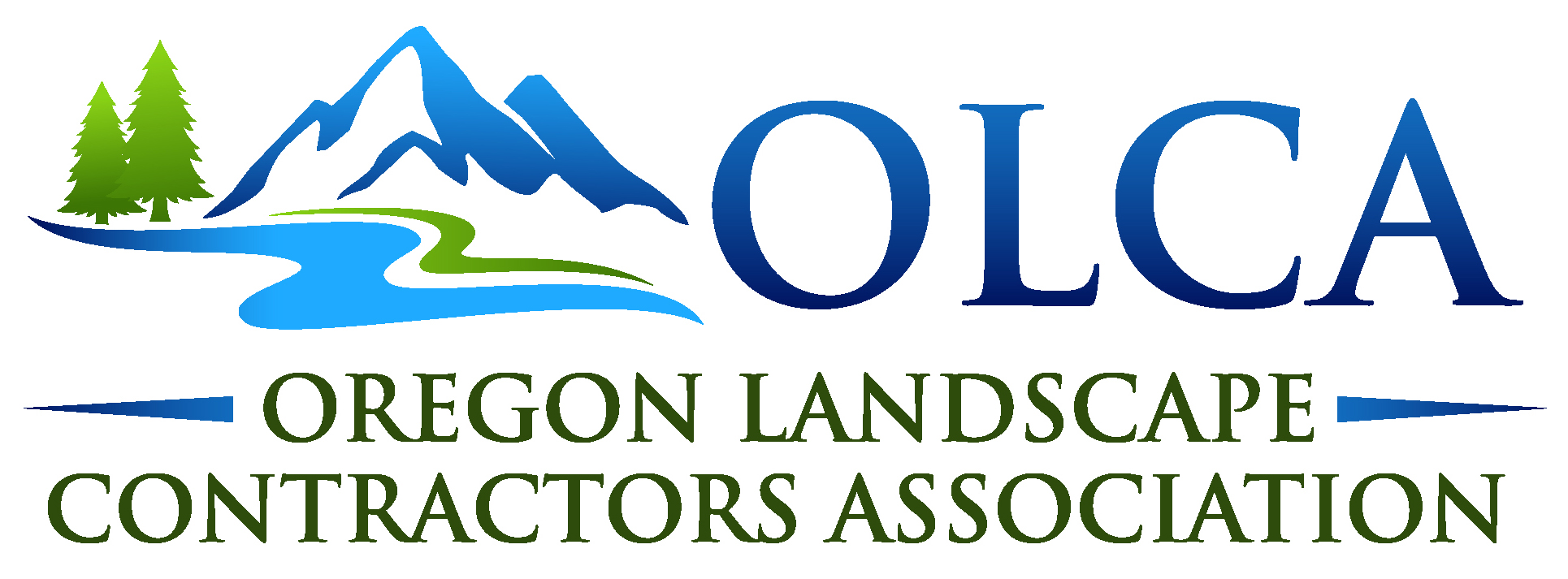Hire an OLCA Landscape ProfessionalHow to work with a Landscape ProfessionalUse the above link to find a landscape professional in your area. Landscape installation work, including irrigation systems and maintenance, can cost thousands of dollars. Using a qualified, licensed professional contractor that demonstrates their commitment to industry best practices and ongoing training and education within their companies is a must to get value for your money and to help ensure a return on investment and increased property values. The Oregon Landscape Contractors Association (OLCA) recommends the following advice in choosing the right contractor and services for your landscape project. Helpful Tips for ConsumersThe NALP/ OLCA Certification program (Landscape Industry Certified Technician-Exterior) is a international certification program whose objectives are:
Finding the right landscape contractor for your needs is essential says the Professional Landcare Network. Reliable references for quality contractors often come from family and friends. Interview several companies - you will learn from this process. Your landscape represents a real estate investment and asset. A landscape contractor can offer a variety of services, including design, installation and maintenance of your property based on your specific needs and requests. Many firms have landscape architects and designers on staff, offering the expertise to create and orchestrate the complete design, installation and maintenance of the most complex landscapes. Follow these 9 steps before you hire a landscape contractor: 1. Decide how a landscape contractor can help you.Many homeowners do not realize what a landscape contractor can do to help them improve their living environment. Landscape contractors not only install plant material, but also install hadscape material, including patios, decks, retaining walls, gazebos and irrigation systems. 2. Ask how long the company has been in business.Professional landscape companies should have employees with either a secondary education in Ornamental Horticulture or several years of experience. Additionally, professional companies are most often active members in national or state landscape associations. Affiliation indicates that a company is interested in excellence and progressive thought. Ask the firm for a list of references and professional affiliations. Look at each of the jobs listed to see if the work is the size, syle and quality you desire. 3. Select a landscape company that is licensed or certified and insured.If required by state law, the company should be licensed or certified. This license will assure you that the contractor is accountable to you, that the company is knowledgeable, operating legally, and employs staff that have passed examinations demonstrating experience, knowledge and a level of professionalism. 4. Decide what you are looking for in a landscape design.Do you want an area for entertaining, an extension of your living space, a low maintenance landscape or a high impact design that is colorful. Determine your budget before you speak with a landscape professional. If you do not know what you want in a landscape design, a qualified professional should be able to help bring your needs and landscape style preferences into focus. 5. Concerning guarantees...Find out what is and is not covered and how long the guarantee remains in effect.Proof of insurance for workers' compensation, liability and vehicles should be available to you. Check a company's limits and policy expiration. Ask if they have an active safety program to minimize accidents. Under some circumstances, you could be liable for mishaps or accidents which occur on your property. 6. Visit a job in progressAsk to see a project that will be similar to the work you will request. You want to hire a company that does good work, reflects professionalism and integrity. Examine the quality of the job--and see if the crew's appearance and job presence are acceptable. 7. Ask the company to provide a written plan and/or contract.Prior to making any agreement, have the landscape contractor, designer, and/or architect prepare the details in writing. The plan can include the design, plant material to be used, all costs, a time table and the terms of payment. You have the right to amend the contract. 8. Tell the company if you want to care for areas of the landscape yourself.Once your new landscape is installed, you may wish to become more involved as a homeowner by maintaining the landscape yourself. If you want to care for certain landscaped areas, tell this to the company. 9. Know which services are provided in ongoing maintenance.Ongoing maintenance is necessary in order to protect your investment. You can do it, or you can ask the company to do the work. Generally, ongoing maintenance involves mowing, fertilizing, pest control, among other services. Thanks to NALP for providing "Tips for Homeowners".Did You Know?Your Licensed Landscape Contractor has the knowledge and ability to provide some or all of the following services:
|


